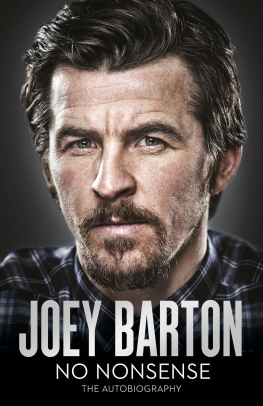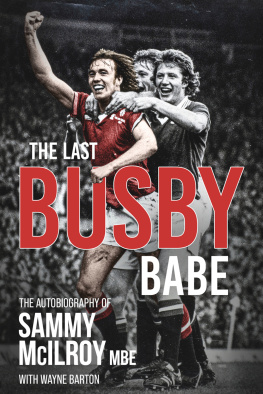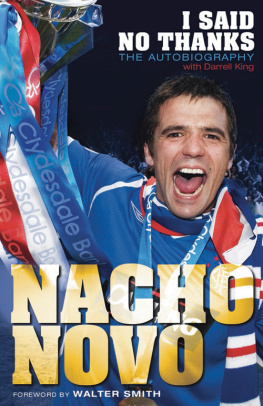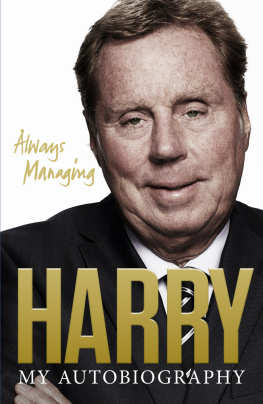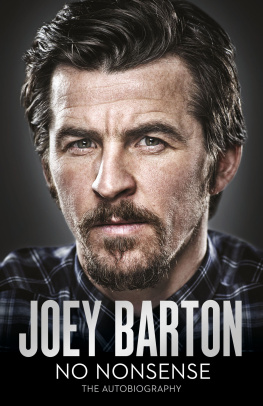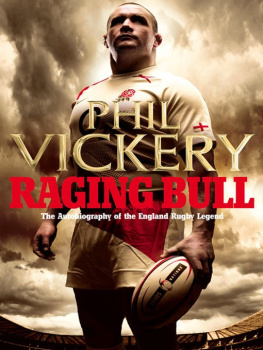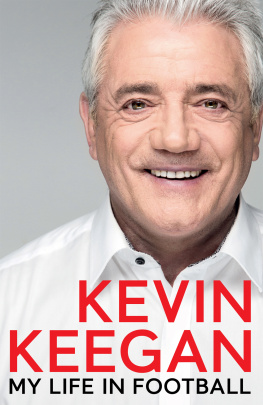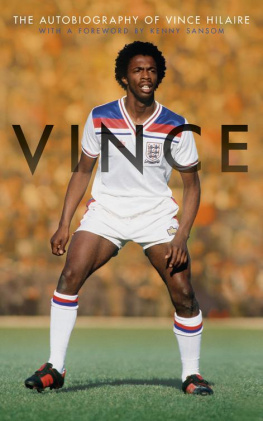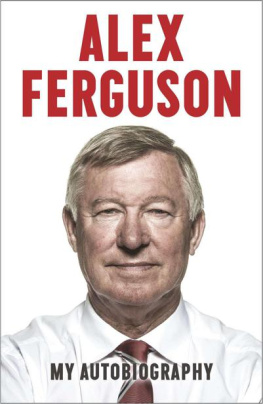
CONTENTS
CHAPTER ONE
THE VISIT
T he smackhead in the corner is silently enduring the agonies of withdrawal. Hollow-eyed, sallow-skinned and sweating profusely, he constantly mops his face with rough paper towels taken from the waiting-room toilet. His plight is hypnotic and faintly heroic because, like me, he is here to visit a friend.
A young woman sits six feet away, clutching a pack of baby wipes. She has the pallor of permanent tiredness and carries the weight of too many cheap takeaways. Her toddler, absentmindedly playing with a plastic toy, has been dressed for the occasion in a polo shirt, offset by a gold neck chain, cargo pants and pristine Nike trainers.
Im back in a familiar place, prison, for a reality check on who I was, who I have become, and who I want to be. The victims are not necessarily those on the other side of the security scanners, the inmates who wear orange bibs and have the expectant eyes of children arriving at a birthday party.
The air is stale and the sights are stark. It smells of decay and enforced abandonment. The memories are personal and paper-cut painful. An unfulfilled threat from another time, another jail, filters through my brain: Youre getting stabbed, Barton... youre going to die, you maggot.
This is HMP Preston, a Victorian relic designed for 750 men which is consistently overcrowded. It feels like a run-down NHS hospital and is set, incongruously, in an industrial estate. We are ushered through an entrance framed by a sign that reads: Challenging and changing offender attitudes to reduce crime in our communities.
Even as visitors, we surrender a little of our humanity. No keys, symbols of possession. No wallets, with their dog-eared photographs and scraps of individualism. No books, in case the pages are invisibly laced with hallucinogenic drugs. No chewing gum or rail tickets, other everyday items viewed with suspicion.
Everything, apart from a small amount of loose change to buy the inmates sweets and soft drinks, is locked away, awaiting our return to normality. We are identified by a numbered ticket and a fluorescent wristband, which must be ripped off on departure.
There is a strange kind of energy, created by the trade-off between people who are locked up and those who are free to walk away when they choose. One group is desperately upbeat about the limitations of their life, and the other deliberately downplays the attractions of the outside world.
Everyone is putting on a front. The bravado is a little too close to bullshit to be entirely convincing. Theres that frisson of uncertainty you feel when you know someone is lying to you, but you cant quite put your finger on how big the lie is.
I know what some of you are thinking. Im in my element behind bars. Im a thug, a Neanderthal, a stain on society. Im back where I belong, with the dregs and the druggies. I am The Man Who Shamed Our Great Game, Football.
Nice try. I am desensitised to the slurs, because they form the soundtrack to my life. My past screams at me from half-forgotten headlines, crusty leader columns and ill-tempered Twitter rants, so that my hearing has become selective. If you want to understand me, my weaknesses are as important as my strengths.
It has been a long road, with more than a few speed humps to negotiate, but I finally accept myself for who I am. I couldnt be prouder of what I have achieved. Good people have given me the time and room to understand why, and how, I was out of control for so long, for most of my twenties. One of them happens to be here, serving a seven-and-a-half-year sentence for manslaughter.
Andy Taylor, Tagger to use his childhood nickname, is my closest friend outside my family. We grew up together in adjoining council estates, though he was deemed posh because he lived in a semi-detached house rather than the traditional terraced two up, two down. When he gained his sociology degree in the United States, he began to build a successful career as a football agent.
He must live with the fact that his role in a brawl in Liverpool city centre in the early hours of Friday, 19 December 2014 resulted in the death of a fellow human being. It was impossible to prove who delivered the fatal blow, but off-duty policeman Neil Doyle, recently married, did not return home.
It could so easily have been me in Taggers position. He was the smartest of us all. I was more capable of violence. There was so much ferocity, so much anger, inside me. My behaviour was occasionally psychotic. I was involved in so many similar incidents that I look at him and think, Fuck me, I got so lucky there, so, so lucky.
I was capable of serious, serious stuff. Ive contemplated that on so many levels, and tried to deconstruct my actions. Without that dangerous energy, I probably wouldnt be here to tell my tale. Id be working on a building site, or I might be dead. My intensity is the greatest gift Ive been given, but equally it is the most destructive force imaginable.
Ive done some bad things, but Ive never killed anyone. I lost as many fights as I won, and, by chance, never caused anyone serious harm beyond superficial cuts and bruises. We all think we are immune to bad things, but events can spiral out of control and conspire against you. It scares me to realise how fragile life can be.
Do I feel guilty as I turn to go after a couple of hours, and Tagger rises from his plastic chair, which is embedded in concrete, for a farewell embrace? Not really. I never thought he would end up in jail, because of what he stands for. No one did. I care about him, since he is one of an extremely small circle of friends to whom I reach out for advice, but he has his own journey to make.
That phrase has been cheapened by the schmaltz that passes as Saturday night TV entertainment, but Im talking about dealing with the reality that, however sorry we feel for him as a mate, another family has lost their loved one. Society dictates there is a price to be paid for that. Some will argue that such a debt can never be met.
Tagger doesnt fit the traditional prisoner profile; he is set on proving he can be a positive influence, a stronger individual through adversity. He has earned the trust of the authorities and works on the front desk, preparing inmates for court appearances. He processes newcomers, gives them their prison-issue clothing and talks them through the formalities of incarceration.
Prison is a terrifying place, with no shortage of people who will slash your face for 20 worth of weed, the hardest currency of all. Tagger is a listener, a mentor trained by the Samaritans. He has a single-bedded cell, or pad to use the old lags slang, to enable him to privately counsel those who have been traumatised, mentally or physically.
He has prevented several suicides. The alternative to talking down unstable inmates is the dreaded Tornado roll, in which the potential victim is overwhelmed by force, trussed into a straitjacket and bundled into a holding cell for his own safety. Tagger is held in respect, on both sides of the divide.
Where we come from, we learn to be adaptable. We have an ability to operate in different worlds. Tagger plugs into emotion. He knows instinctively how to deal with people. He always reminds me of one of the favourite sayings of one of my other great mentors, Steve Black: People dont care what you know, until they know that you care.
Prison worked for me, following my conviction for assault in 2008, because I had something to lose. You shouldnt need a degree in criminal justice and criminology to realise thats the key. If youre a kid on a council estate, with no education and no career prospects, and you have the opportunity to make a few quid by selling drugs, prison isnt going to be a deterrent.
Next page
